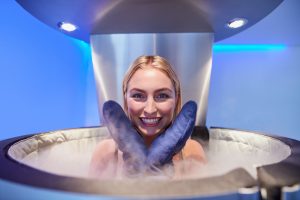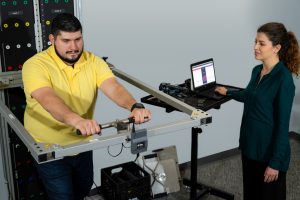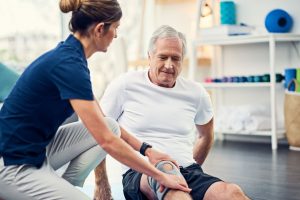-

Quiz: Knee Anatomy
CategoriesHow much do you really know about knee anatomy? Let's find out!
-

Chill Out With Cryotherapy
CategoriesA cryosauna is a temperature-controlled enclosure with an open top. Picture a shoulder-high telephone booth without a roof. Before stepping inside, you usually put on special socks and gloves to prevent your feet and hands from getting too cold.
-

Imaging plays an essential role in treating soft-tissue injuries. The challenge is obtaining an accurate image without facing excessively high costs or expenses. By working with sonography, you can reduce the risks to a patient and improves the treatment process. What is sonography? Sonography is a medical practice using sound to create an image or…
-

Regardless of the activity the individual is trying to return to, endurance is a prime consideration for tasks which require repeated movement at a submaximal level. This is an important component of function since the majority of muscles must work continually during most activities.








